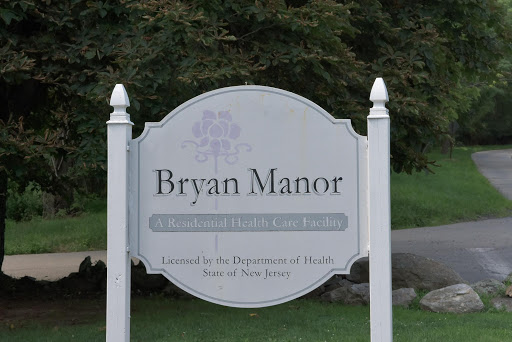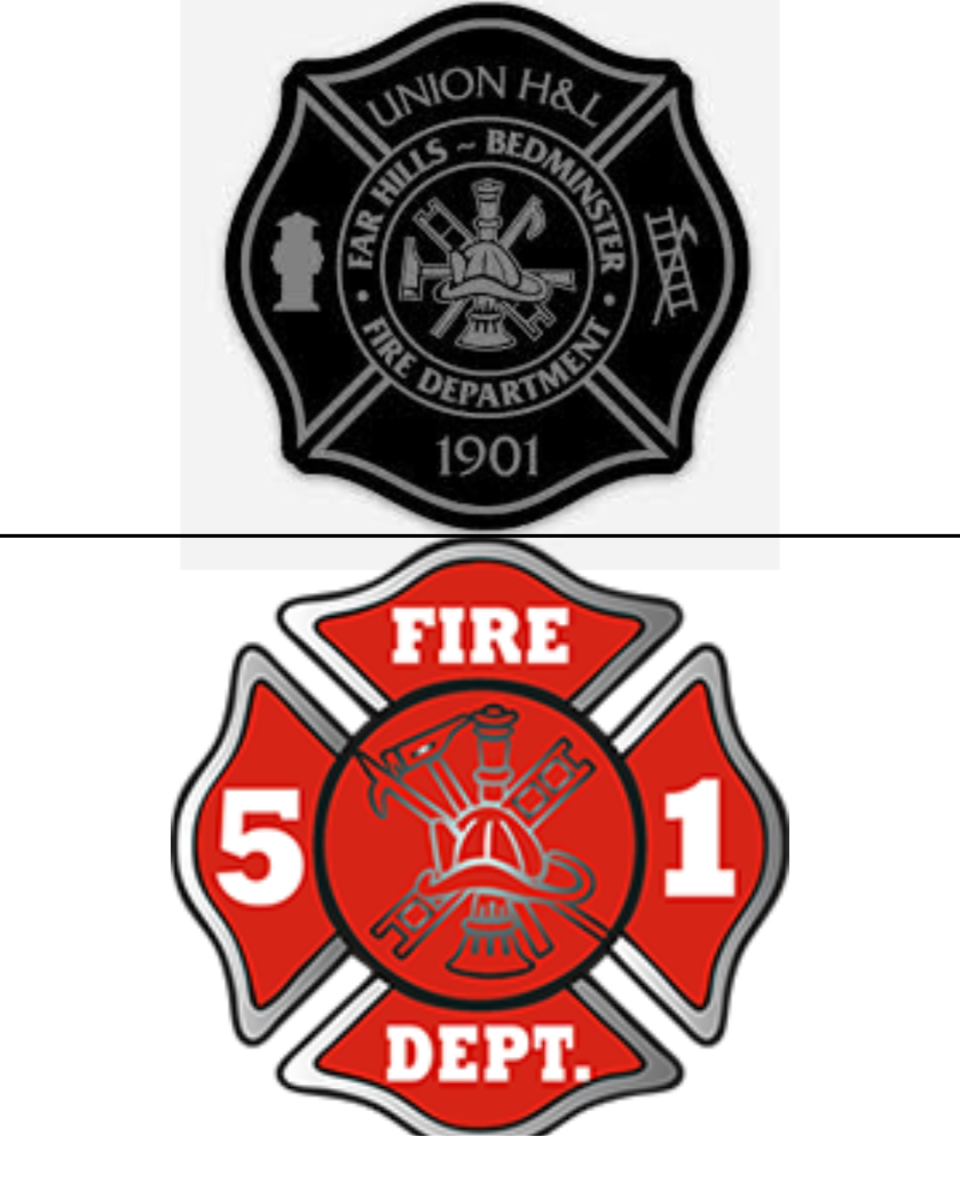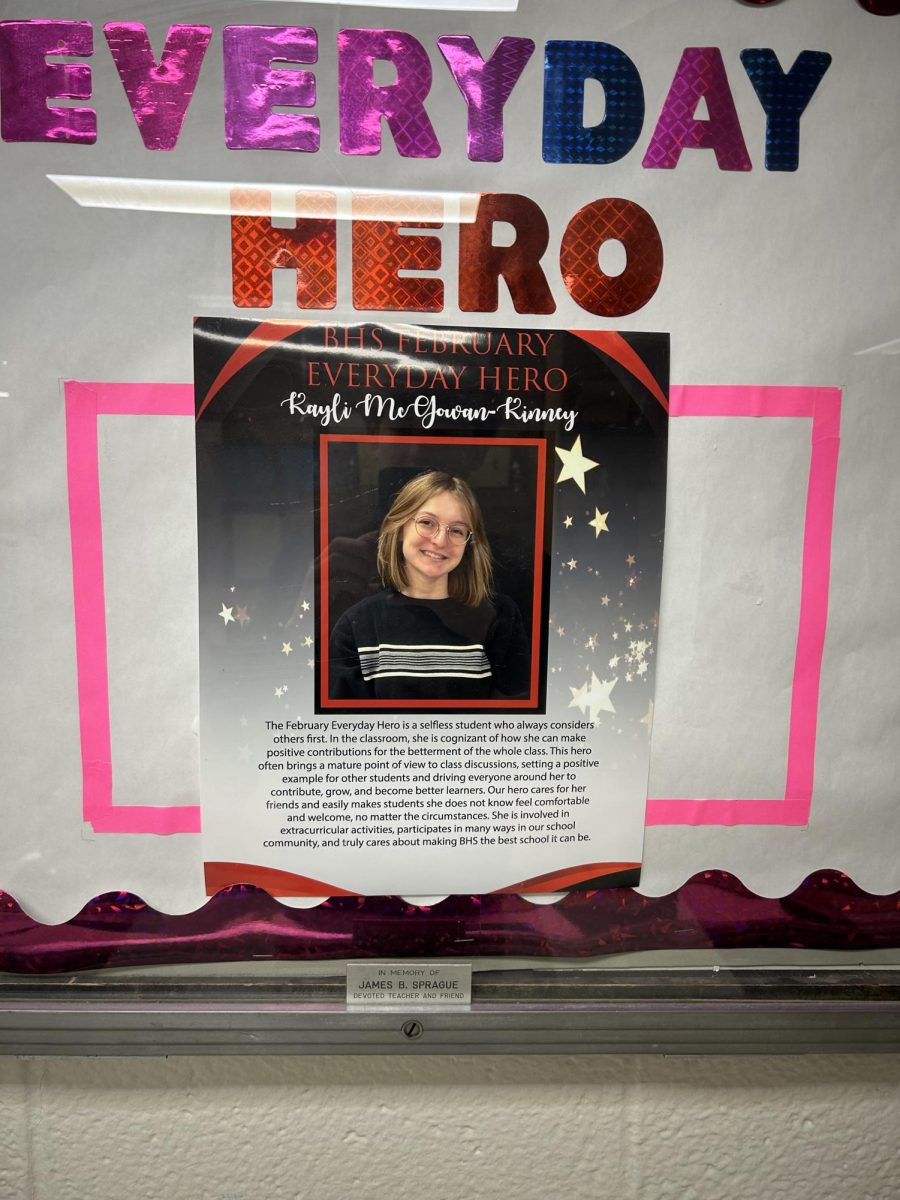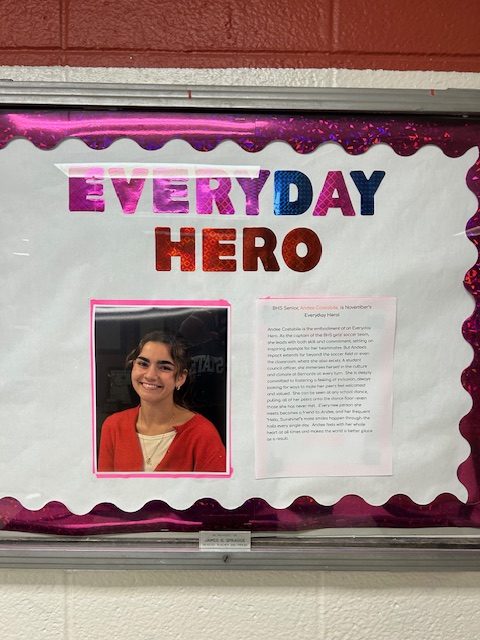During this Pandemic, nobody is in more danger than senior citizens. They are the most immunocompromised people on the planet, and if they have a pre-existing health condition, that makes it even worse. And because of this, unfortunately, senior living facilities and retirement homes have become more like a prison.
Though this may sound extreme, it is for the best. These are the people who are most at risk. And looking at the mortality numbers, most of the deaths come from people who are over 75, with around 3,270. This almost doubles the next closest age group of people between the ages of 65-74. Even so, combining the two age groups give you 72.3 percent of the deaths, an overwhelming majority. To add to this, many of them most likely do have an underlying health condition, adding to the risk.
The CDC has guidelines for business owners, operators and administrators on what to do. These guidelines include canceling all public or non-essential group activities and events, cleaning and disinfecting common areas and facilities, informing residents, workers, volunteers, and visitors about COVID-19, encouraging personal protective measures, helping residents establish a “buddy system” to stay connected, limiting the number of non-essential visitors, screening and advise workers and essential volunteers when possible, and following guidance for businesses and employers.
To get multiple perspectives on this, I asked some questions to both a resident at one of these senior living facilities, as well as an owner of one. Sara Bernstien, is a resident of Atria Park in Great Neck, New York. First, I asked her how she was doing.
“I’m doing well so far. I went to the hospital about a week ago for my last chemo treatment but they found my platelet count to be too low so they sent me home without the treatment. Now, because of COVID-19, I won’t be able to go back for the last chemo. I feel okay but wish I could have finished the treatment. I have good friends here and we keep in touch many times a day by phone and email too for my friend outside this community. One of my close friends here became infected with the virus and was sent to the hospital where she passed away. I attended her funeral via Zoom. Losing her was very difficult for me, but with the support of the staff, all my friends near and far, and of course my wonderful family, I’m doing well.”
The first question was, what precautions are the staff taking to keep the residents and themselves safe?
“The staff is following all the guidelines New York State and the federal government have established to combat the virus. For example, all employees have their temperature taken 3 times a day. When they enter the building they must wash their hands, have their temperature taken, and answer questions about how they feel, if anyone is sick at home, etc.”
Next, she was asked how the staff seemed to her.
“I cannot praise them enough for all that they do to help us through this ordeal. They are friendly, helpful and kind. The aides and housekeepers work so hard to see that our apartments are clean and well stocked with linens and other necessary supplies.. Aides come to help me shower and dress each day and help put me to bed at night.”
Finally, she was asked how she was dealing with the isolation.
“To my surprise, I think I’m handling things quite well. I try to find little projects to keep me busy each day, like preparing my taxes, reviewing my endless insurance bills, shopping online, reading things on my iPad, etc. I occasionally watch Mets classic games of the past or a movie, but I really don’t like watching television that much. I look forward to visits from the staff, emails and calls from all my friends, and I love my FaceTime visits with my family! All things considered, I think I’m just fine!”
Some questions were also asked to Jean Byrne, owner of Bryan Manor in Gladstone. She said her emergency plan was that no one was allowed in unless it is completely necessary. “As far as visitors, we get no visitors, and no one is allowed out unless they’re going out in an ambulance.”
She mentioned how this is the way they have been able to keep the virus out of Bryan Manor, as even she has not gone there in months. She mentioned that the only staff allowed in are the ones that have apartments on the grounds of the building, and that they have been doing a good job self-quarantining and abiding by the guidelines set in place by the local authorities, as well as the state, when they leave – especially the staff members who go home to their families.
She said that all goods delivered are disinfected before coming inside, and that non-perishable items sit outside for a little bit, while the perishable items come in first.
The next question was about how the residents were doing, in which she said they were doing well, but they have a different problem, as many of their residents do have some sort of dementia.
“When you have a population of people that have dementia, and a lot of our residents have dementia, it is very difficult to get through to them that this is serious, this is a problem.”
She said that the difference from them to an assisted living facility, is that people in assisted living facilities have some measure of reasonability, where most of their residents do not. She said that as opposed to an assisted living facility, they cannot keep their residents in their rooms, unless they have some of that acuity, however, most of them do not have that acuity.
The next question was how is the staff was holding up, in which she said good, however she did mention a specific incident, where one of the younger employees who lived on the grounds, went home to her mother for easter, and because of this, she was not allowed back into work until she finished a two week quarantine, and that she had to be tested before coming back.
“Because she is not there, the other staff has to make up for lost hours”
She also said that we all have lapses of judgement, and that she would definitely take her back onto the staff, as long as she wants to be there.
Finally, when asked if the community could do anything to help, and she said that they are asking for anyone who is able to donate any excess toilet paper, shampoo, masks, or any self care items or toiletries, or even food, to just drop them off.
“Just dopey little stuff that you wouldn’t think twice about, but the staff is just thrilled to pieces with it.”
Something else they are looking for, however, is prayers. “I don’t care where you say them, if you say them because you’re playing basketball, or you’re saying them ‘hey, by the way, I think I’ll say a prayer for Bryan Manor’, please, please, please say them.”
Through these interviews, it is clear that there are many challenges by living and managing a senior care facility, and that they must be handled with extreme care, just as this whole situation should.













